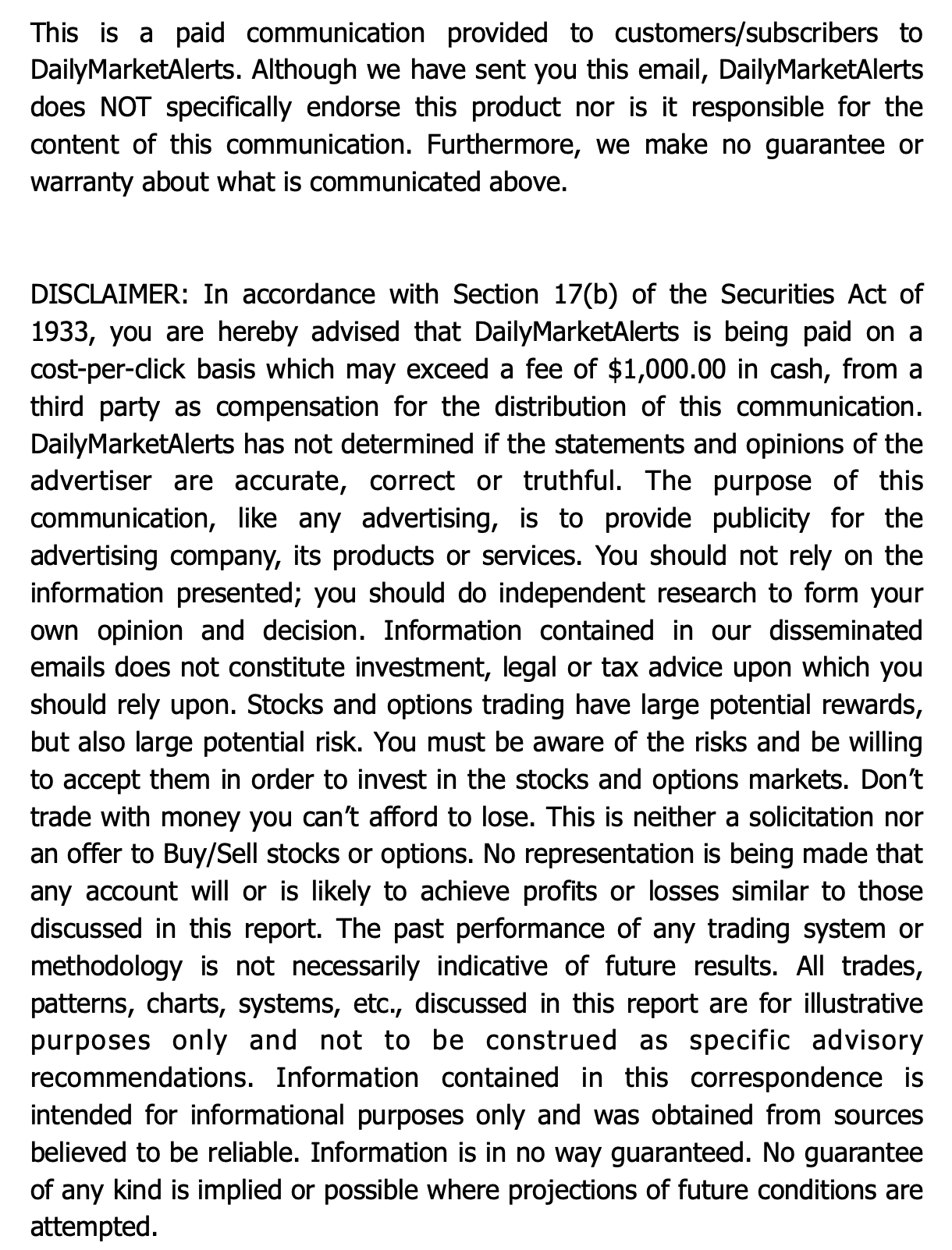Hi, Quartz Africa readers! |
New morning |
As we discussed here last week, despite the challenges of its own democratic processes, the US will still have a huge say and influence over democratic systems in Africa, for better and for worse. |
Over the last nearly four years of the Donald Trump presidency there has often been a widespread perception his administration has had little direct interest in African affairs. That is to say US interest in Africa has often been viewed through the lens of more strategic priorities rather than an African country or sub-region. |
|
The question then is how this changes with the administration of president-elect Joe Biden? |
Probably not as much in reality as is perceived say long time watchers. This is in part because there has been a fairly stable bipartisan consensus on US-Africa policy since about the Clinton era which hasn't really stray too far off course even in the current "disruptive" administration. "I think there are many on the Biden team considering a more humble foreign policy and restoring our norms of leadership," says Judd Devermont, director of the Africa program at the Center for Strategic and International Studies and a former Africa-based diplomat under the Obama administration. But this is not to say things need to go back to the way things were pre-Trump. What is needed are "incremental change in attitudes," says Devermont who doesn't expect wholesale changes to Africa policy overnight. |
The conservatism of US-Africa policy for the last 25 years is why it is widely expected there'll be a change in tone with a Biden administration more so than major changes in substance. "I actually think there'll be a lot of similarities in terms of policy," notes Joshua Meservey, senior Africa policy analyst at Heritage Foundation, a conservative think tank. "There's been this narrative that we [the US] are pulling out of Africa [under Trump] but that hasn't been true." |
What is true is that China will still be an important prism for US-Africa relations says W Gyude Moore, a senior fellow at Center for Global Development. "The Biden administration will share Trump's view of China as a peer competitor," says Moore. "What they differ on is how. So we can expect to see more substantive US engagement in Africa as they try to ramp up a presence to match the Chinese." |
|
Stories this week |
Female leadership in Nigeria's EndSARS. Nigeria widespread anti-police brutality EndSARS protests last month were boosted by the distinctive role young women played in steering and sustaining the movement, writes Shayera Dark in Port Harcourt, Nigeria |
|
Jumia bets on logistics. Jumia, the largest pan-African e-commerce operator, is opening up its logistics services to third party users across 11 countries in Africa, as the loss-making company seeks profits from B2B partners. |
|
The Angolan dancers sent "Jerusalema" global. The #JerusalemaDanceChallenge has become one of the biggest viral online trends which was kickstarted by the ingenious choreography of an Angolan dance troupe and established a global hit. |
|
YouTube screenshot collage |
Chart of the Week |
Migrant remittances to Africa stay resilient. Early World Bank estimates predicted remittances to sub-Saharan African countries could dip by nearly a quarter this year given economic shocks of the Covid-19 pandemic. But updated estimates portray a more positive outlook. |
|
Dealmaker |
• South African agri-tech startup, swiftVEE, raised $1.5 million from investment firm Subtropico, to expand into southern African countries. |
• ATLAN Space, a Moroccan artificial intelligence startup, raised $1.1 million in a Series A round led by Maroc Numeric Fund II and also Hilmi Law Firm and Cadex Group. |
• Wee Media, an Africa-focused digital media firm, raised $400,000 in a seed round from Samurai Incubate, Grenfell Holdings, Knarrs Ventures, and Jim Waltrip. |
Quartz gems: The US H-1B visa |
Many consider the H-1B visa to be the pipeline that helped America build the world's biggest tech hub in Silicon Valley. Over the last 30 years, beneficiaries of the visa, now numbering in the millions, have filled a massive skills gap in critical fields of science, technology, engineering, and mathematics. |
|
But the visa category has come under immense criticism. Decades after its creation by one Republican president, another Republican president has targeted it as part of an anti-immigration clampdown. Our latest field guide examines how the visa became such a painful touchpoint in the debate over US immigration reform, and whether it can survive going forward. Read more about the status of the H-1B. |
Other things we liked |
Nairobi rising. Nairobi's dark colonial history and then post-colonial anti-intellectualism have contributed to Kenya literary dwarfism, writes author Nanjala Nyabola for Guernica but Kenyan fiction is finally experiencing a renaissance after decades of authoritarianism. |
Ghana's 1966 World Cup boycott led to Africa's inclusion. An African boycott of the 1966 World Cup in England, which was largely driven by Ghana, resulted in the continent getting automatic slots at the world's most prestigious soccer competition, writes Fiifi Anaman for Goal. |
ICYMI |
World Innovation Summit for Education Awards. An annual $20,000 prize recognizing six successful and innovative projects "addressing global educational challenges." (Dec. 20) |
World Economic Forum of Young Global Leaders. The program is now accepting nominations of young global leaders for its 2022 cohort. (April 21, 2021) |
|
Our best wishes for a productive and ideas-filled week ahead. Please send any news, comments, suggestions, ideas, rising remittances and H1-B visas to africa@qz.com. You can follow us on Twitter at @qzafrica for updates throughout the day. |
|

No comments:
Post a Comment